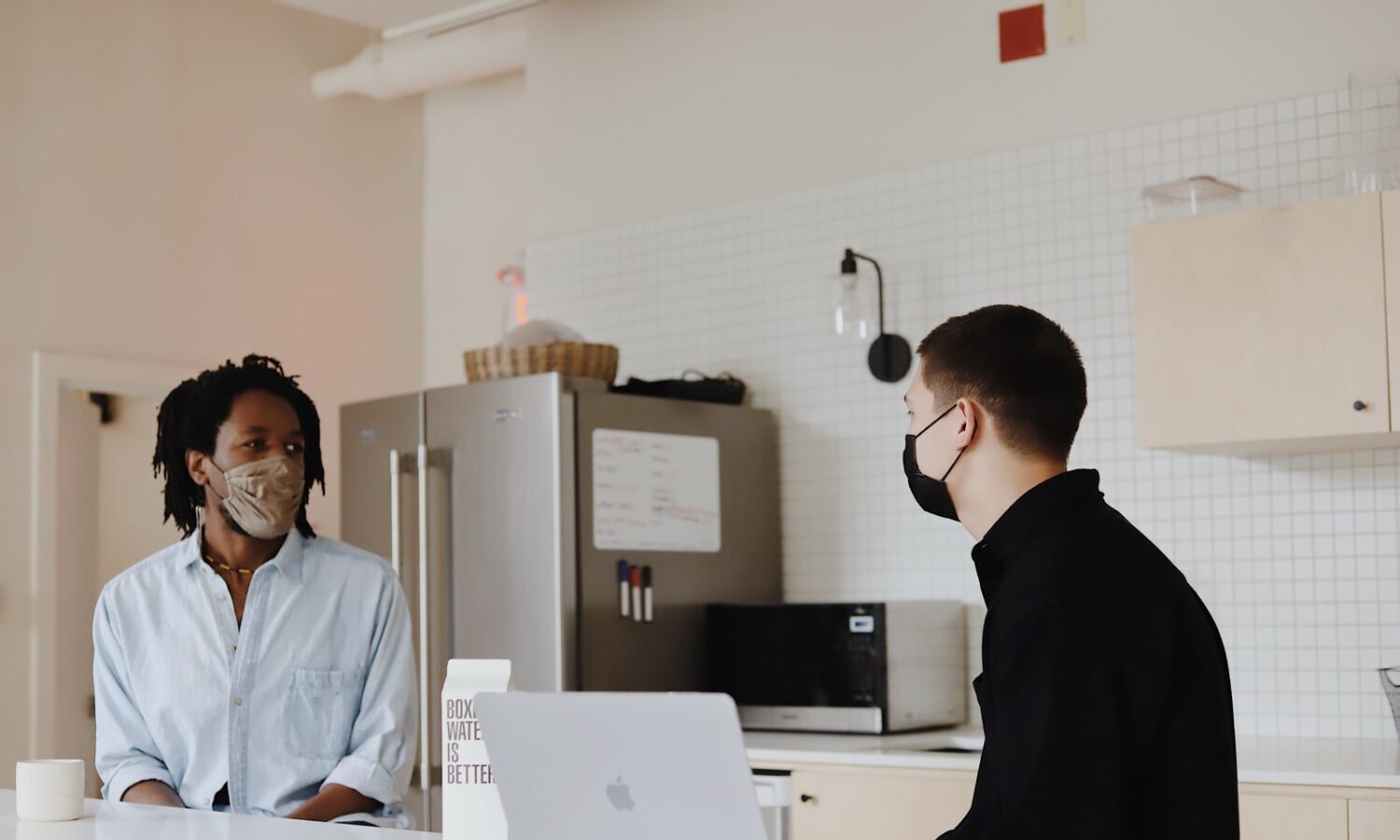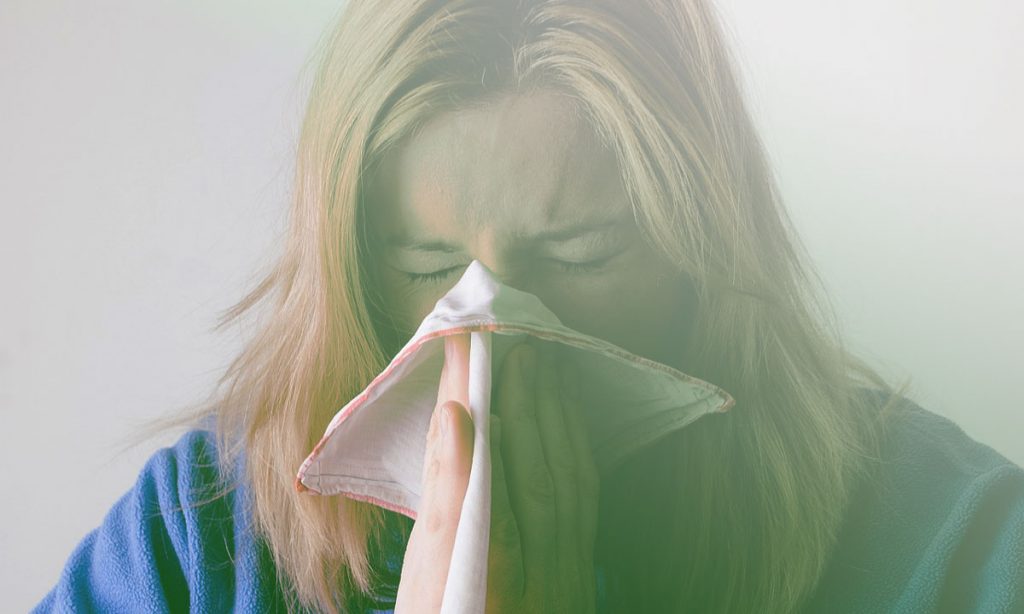
In partnership with The Fresh Toast
A new study made an interesting discovery, highlighting a group of people that are less susceptible to the COVID-19 virus.
Viruses act in unpredictable ways, affecting some people more than others. In the case of the SARS-CoV-2, responsible for COVID-19, researchers have been trying to develop a better understanding of it ever since it first popped up.
A new study shows some interesting evidence on the type of people the SARS-CoV-2 virus affects, highlighting a group of people that hold an interesting advantage.
Conducted by the National Institutes of Health (NIH), the data found that people with allergies had an advantage. The study used data from over 4,000 people and found that participants with food allergies were half as likely to get infected with COVID-19 when compared to people that had no allergies.

RELATED: Here’s One Place You’re More Likely To Catch COVID
“[T]he observed association between food allergy and the risk of infection with SARS-CoV-2, as well as between body-mass index and this risk, merit further investigation,” said Anthony Fauci, director of the NIH.
The study made other interesting findings, including the fact that people with asthma, another allergic condition, were not at a higher risk of catching the virus. This finding is surprising considering that asthma is a respiratory condition, something that, with all that we know about the virus, should make people more sensitive and prone to it.
There are a few theories as to why people with allergies, particularly food-based allergies, have more protection against SARS-CoV-2. The study, which was based on self-reports and self-disclosure backed by blood analysis, showed that participants with allergies had antibodies linked to their allergies. Researchers theorize that those with food allergies could have lower forms of a receptor that the virus normally attaches itself to, thus having more protection from it.
“It is not known whether this is also the case in food allergic individuals, but it is tempting to speculate that type 2 inflammation, a characteristic of food allergy, may reduce airway ACE2 levels and thus the risk of infection,” wrote the researchers.
RELATED: Drinking This Is Associated With Longevity, Even When Sweetened With Sugar
The study doesn’t provide any conclusive answers, but it is an interesting route to pursue in terms of providing more ways of protecting people from COVID-19.
Read more on The Fresh Toast
Advertising disclosure: We may receive compensation for some of the links in our stories. Thank you for supporting Irvine Weekly and our advertisers.
